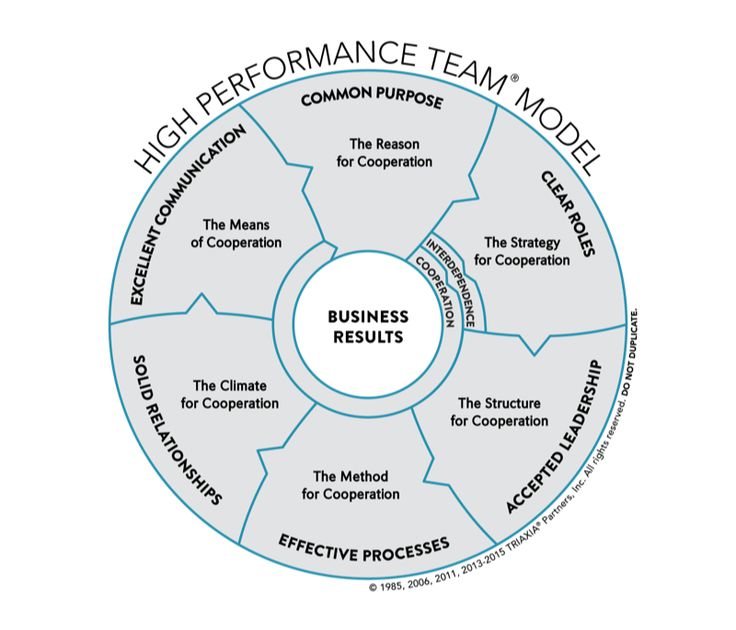Redefining success in our data-driven world involves recognizing that metrics are often the primary means of measuring achievement, both personally and professionally. However, as we explore the concept of success, it becomes evident that traditional metrics frequently fall short, failing to capture the complex nature of our accomplishments. It’s essential to broaden our perspective and adopt a holistic understanding of success that transcends mere numbers.
The Incompleteness of Standard Metrics in Redefining Success
Traditional metrics, such as financial goals, revenue targets, and individual accomplishments, have long served as the primary measures of success within organizations. While these metrics offer a tangible and quantifiable means of tracking progress, they frequently overlook the intangible factors that are essential for lasting success. By concentrating solely on end results, we risk neglecting the significance of the journey, including team dynamics, collaboration, and the learning experiences gained along the way. Moreover, this narrow focus can undermine the long-term sustainability of our achievements. In redefining success, it is crucial to embrace a more holistic approach that values both outcomes and the processes that lead to them.
The Flaws in Measuring Success: A Case for Redefining Success
Success in organizations is often measured by financial targets, rewarding those who meet them regardless of their methods. This approach overlooks crucial factors such as team morale, culture, and individual well-being. A team may achieve financial goals through high-pressure tactics or by sacrificing cohesion, yet still receive recognition for their performance. Conversely, a team that fosters positive dynamics and contributes to long-term success may go unrewarded if they miss numerical targets. This discrepancy highlights the urgent need to redefine success, emphasizing the importance of sustainable practices and the overall health of the organization alongside traditional performance metrics.
The Importance of Momentum in Redefining Success
What’s often missing in traditional evaluations is an appreciation for momentum—the steady progress a team or individual makes, rather than just final numbers. A team that fosters strong dynamics and shows consistent improvement should be valued more than one that meets goals through unsustainable means. This principle also applies to personal achievements; for instance, an author might prioritize ongoing relevance and sustained interest in their work over temporary sales spikes. True success lies not in fleeting accolades but in maintaining value and demand over time, which is essential for redefining success.
Insights from the Navy SEALs: A Model for Redefining Success

The Navy SEALs evaluate candidates on performance and trust. High performance paired with high trust creates the ideal team member, while a high performer lacking trust can harm the team. This highlights that trust and interpersonal dynamics are as important as performance. However, business metrics often focus solely on performance, neglecting trust, which can lead to promoting individuals who negatively impact morale and culture. Valuing trustworthiness and positive dynamics fosters a healthier work environment and contributes to a redefined sense of success.
Conclusion: A Holistic Approach to Redefining Success
By integrating metrics for momentum and trust into evaluations, we can provide a more comprehensive view of success, both in personal endeavors and within organizations. This approach not only helps achieve immediate goals but also builds a strong foundation for long-term success. It encourages us to consider the bigger picture, prioritize sustainable progress, and foster an environment that values both individual achievement and collective well-being. As we redefine success beyond traditional metrics, we unlock the potential for greater fulfillment, stronger teams, and more meaningful contributions to the world around us, all while continually redefining success.
If you wand to dive deep into this topic you can check out other articles like this one:
